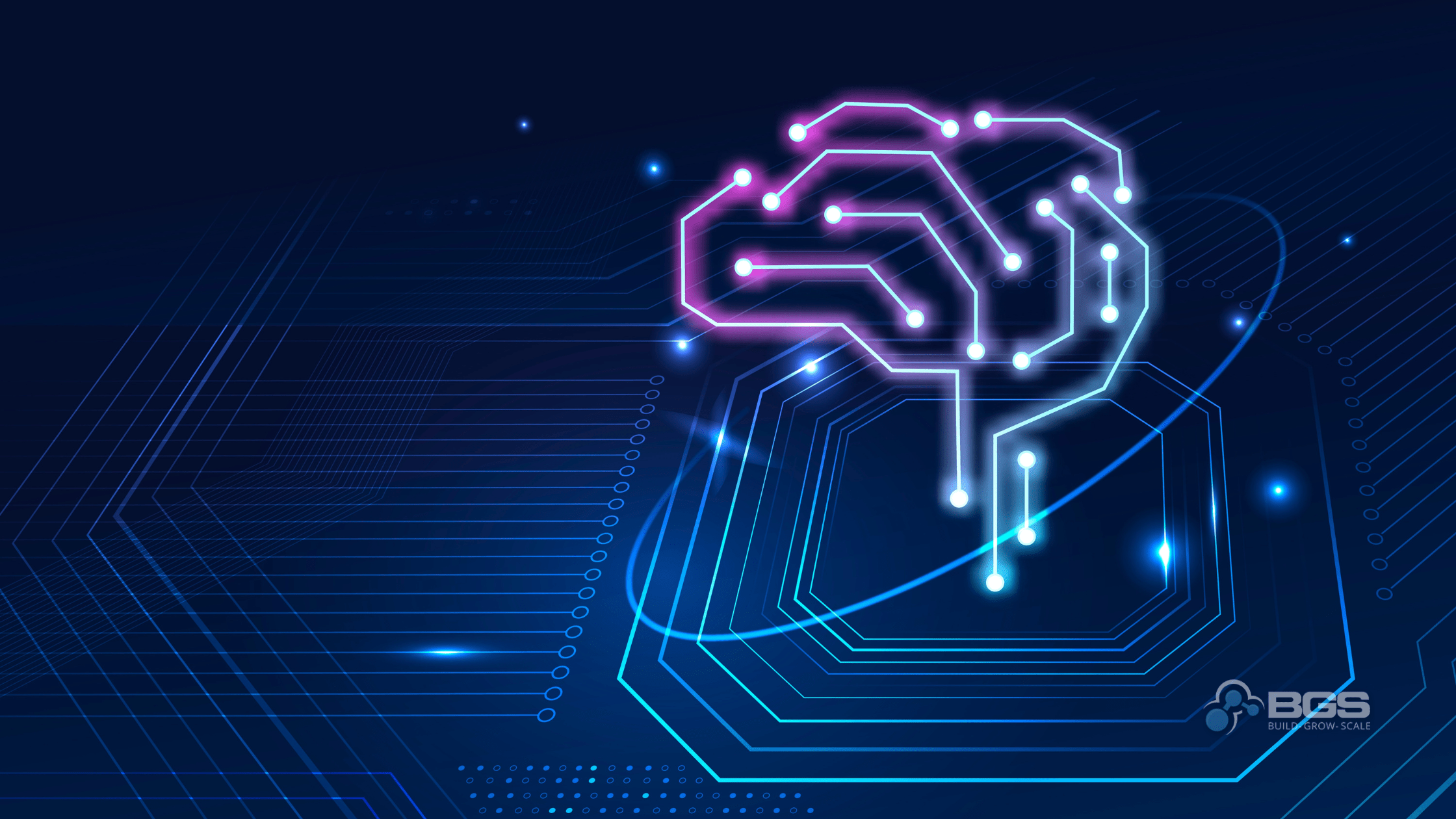Use Machine Learning in Google Analytics 4 for Ecom Success

Irene Wanja | Jan 24, 2023
Reading Time: 5 minutesRecent advances in machine learning (ML) technology have led to a revolution in how businesses collect, analyze, and use data. With the introduction of Google Analytics 4 (GA4), leveraging ML is simpler than ever for online businesses, offering unprecedented insights into customer behavior and the potential to maximize sales and revenue. Let’s take a look at the benefits of using machine learning for ecommerce success with GA4.
What is machine learning?
Machine learning is a type of artificial intelligence (AI) that uses algorithms to learn from data and improve over time. This type of AI can be used to identify patterns in large amounts of data and make predictions based on those patterns. For example, if you have an online store selling shoes, machine learning can help you predict which types of shoes are likely to be popular in the future based on historical sales data.
How does machine learning help ecommerce businesses?
Here are five major benefits of using machine learning in Google Analytics 4:
1. Gain actionable insights from data
Google Analytics 4 is a powerful tool that uses advanced machine learning algorithms to analyze large datasets and uncover meaningful trends and correlations. This allows marketers and ecom business owners to gain valuable insights into customer behavior, generate more effective marketing campaigns, and optimize product offerings. For example, ML-generated insights can be used to determine which products are selling well, identify seasonal shopping trends, or detect changes in spending patterns over time.
One of the benefits of utilizing Machine Learning for Google Analytics 4 is the ability to detect otherwise difficult-to-find correlations between data points. By sifting through massive amounts of data from different sources, ML algorithms can uncover subtle relationships between factors such as user location, device type, and purchase history. This allows you to make more informed decisions about your marketing strategies and product offerings. Furthermore, this analytics platform provides metrics such as customer lifetime value (CLV) and customer acquisition cost (CAC). These metrics allow you to measure the effectiveness of your campaigns in real time so that you can make adjustments quickly if needed.
2. Automate repetitive tasks
Manually processing large datasets can be incredibly tedious and time-consuming for ecommerce store owners, especially when they need to make frequent updates or changes. With GA4’s advanced machine learning capabilities, however, this chore can be automated quickly and accurately. This removes the burden of manually handling repetitive tasks, allowing you to focus on finding actionable insights in your data instead. Automating these tasks also helps to eliminate human error since there is no chance of making mistakes while carrying out the same processes multiple times. The speed and accuracy of machine learning not only greatly reduces the amount of time spent dealing with large datasets but also ensures a higher level of consistency in results every time.
Additionally, automating mundane tasks through machine learning helps to free up resources for more strategic initiatives and projects that require more thought and creativity. With this extra capacity, businesses are able to better leverage their data to inform their decisions and glean useful insights from it in order to drive growth.
3. Better understand user behavior
Machine learning algorithms allow for data to be processed in a way that is both fast and precise, all while providing valuable insights into user behavior. This can help ecom companies better understand how users interact with their website and make the necessary changes or adjustments needed to optimize the user experience. For instance, if a large number of users tend to abandon their cart when checking out, ML-generated insights can help you figure out where the issue may be occurring and make the necessary changes in order to keep customers engaged. Additionally, machine learning algorithms are able to analyze data from a variety of sources in real-time, meaning new information can be collected quickly and used for making informed decisions about user experience optimization. By leveraging such insights, companies can ensure that their website is up-to-date and provides customers with an enjoyable shopping experience.
Furthermore, ecommerce companies can use machine learning algorithms to identify trends across different customer segments so that they can create tailored experiences for each group of users. This helps create a more personalized experience which ultimately leads to higher levels of engagement and satisfaction among customers. All in all, machine learning algorithms allow companies to gain valuable insights into user behavior without compromising speed or accuracy thus enabling them to craft optimal user experiences on their websites.
4. Get more accurate predictive insights
Another benefit of using machine learning within Google Analytics 4 is improved predictive insights. By leveraging the power of AI, GA4 is able to provide more accurate predictions about ecommerce customer behavior based on past data. This allows you to stay one step ahead when it comes to optimizing campaigns or creating content tailored to appeal to potential customers. It also helps you identify trends before they become mainstream so that you can capitalize on them quickly and effectively.
5. Detect anomalies
Google Analytics 4 also uses machine learning algorithms to detect anomalies in ecommerce user behavior or unusual spikes in traffic or conversions so you can quickly address any issues before they become major problems. Additionally, GA4 makes it easier than ever before to set up custom alerts so you always know when something out of the ordinary happens on your website or app — such as unusually high bounce rates or low purchase completions — so you can take action right away if needed.
Wrap-Up
Overall, Google Analytics 4 offers tremendous potential for online stores looking to leverage machine learning technology for success. The combination of advanced analytics capabilities with powerful ML algorithms makes it easier than ever before for businesses to gain actionable insights from their data, automate tedious processes, and better understand user behavior so they can optimize the user experience across their website and maximize sales revenue in the process! So if your ecom business isn’t already taking advantage of these features—now might be a great time to start!
About the author
Irene Wanja
Irene, a skilled Revenue Optimization Specialist for Build Grow Scale, combines an unparalleled focus on user research and a deep understanding of the ecommerce customer journey to orchestrate optimal shopping experiences. With an uncanny knack for detecting and addressing customer pain points through meticulous user testing, she utilizes tools such as moderated user tests, heatmaps, scrollmaps, and clickmaps to fast-track improvements in user experience and usability. Her keen eye for detail aids in swiftly spotting potential issues and implementing solutions, all while working closely with store owners and applying her intricate comprehension of user interactions. Passionate about software and technology, Irene immerses herself in enhancing her clients' business clarity, efficiency, and user satisfaction. Even though the value of user experience doesn't conform to a conventional numerical scale, the tangible outcomes of her work—improved user experience, amplified retention rates, and reduced customer support issues—are testaments to her prowess. Beyond her revenue optimization skills, Irene is a skilled writer and copywriter. She weaves her profound insights into engaging prose, crafting content that not only resonates with diverse audiences but also demystifies the complexities of user experience, consequently benefitting businesses worldwide.






